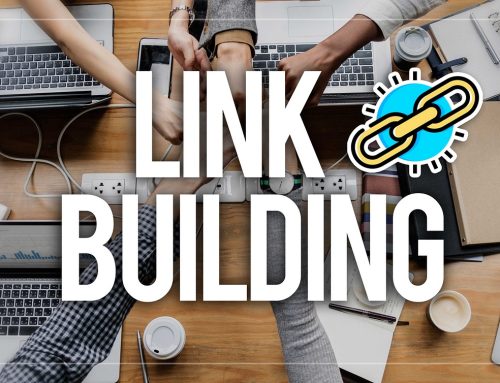Do you communicate with patients using email?
No? Most don’t. But what you may not know is that this is what the public actually wants!
A look at online vs. traditional means of communication with physicians was addressed in the new study performed by Catalyst Healthcare Research (CHR). Results revealed that most people would select a physician who offered communication with email with 25% feeling strongly enough to use this option despite a charge of $25.00 each communication.
Study Findings
The survey found that:
- 84% of respondents in the Baby Boomer group used the Internet to obtain medical or drug information;
- 62% of respondents in the Generation Y group searched for physician information online; and
- 41% of respondents in the Generation Y group looked for medical procedure costs online.
- 44% of respondents were interested in paying medical bills online, including 55% of both the Generation Y and Generation X groups; and
- 46% of respondents in the Generation X group were interested in viewing lab results online.
The survey also found that:
- 14% of respondents were interested in a video chat program, such as Skype;
- 57% were interested in dialing a number that offers a call-back feature; and
- 30% desired a 24-hour phone number (Pai, MobiHealthNews, 6/3).
Discussion of Results
The founder and President of CHR, Dan Prince pointed out that
“It’s not surprising ventolin generic name and classification that consumers want digital access to things like test results and making a doctor’s appointment. The Internet is quick and convenient and it’s in the best interest of health systems, hospitals, and physician practices to embrace online options for their patients’ healthcare needs. As healthcare changes, it’s crucial that providers stay relevant.”
This study comes on the heels of one done from December 2013 to February 2014, where 433 respondents were asked about which technological devices they use as well as their choice of communication with their physician.
Baby Boomers are the most active online of any group with a surprising 84% using the Internet to seek information about a medical condition, medication or solution to their health condition.
Prince emphasizes that:
“Baby Boomers are and will continue to be a huge consumer of healthcare in the United States, so they are an important group of people to listen to when it comes to figuring out how providers and health systems can better serve patients. “In this new study, we are able to see how their views compare to other important groups, including the digital savvy ‘millennials”.
To learn more, visit www.catalysthcr.com.
To discover other interesting results and studies in healthcare practice, sign up for the blog in the box at the top left corner of this page.
See you at the next post!



